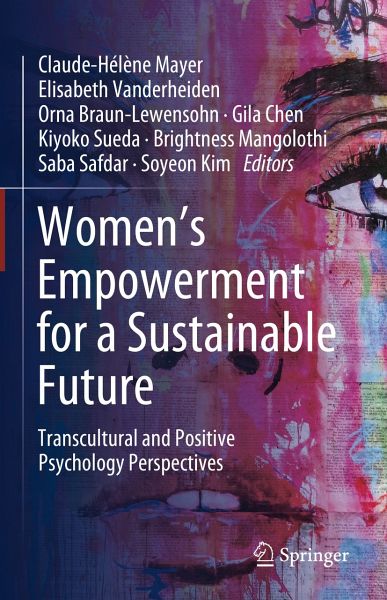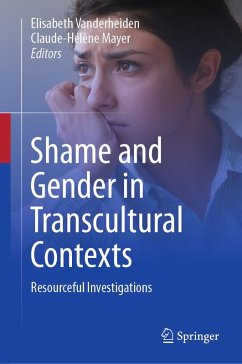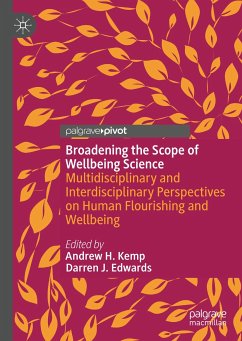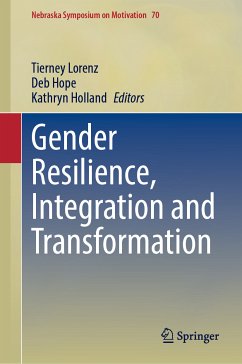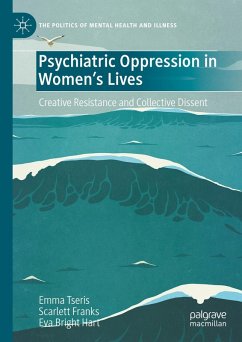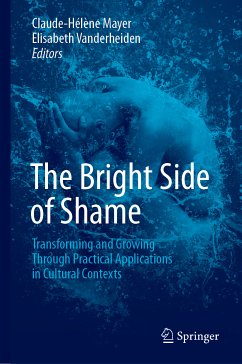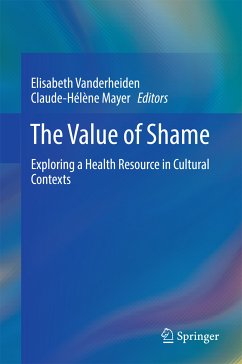Claude-Hélène Mayer (Dr. habil., PhD, PhD) is Professor in Industrial and Organisational Psychology at the Department of Industrial Psychology and People Management at the University of Johannesburg, an Adjunct Professor at the European University Viadrina in Frankfurt (Oder), Germany and a Senior Research Associate at Rhodes University, Grahamstown, South Africa. She holds a PhD in Psychology (University of Pretoria, South Africa), a PhD in Management (Rhodes University, South Africa), a doctorate in Political Sciences (Georg-August University, Germany), and a habilitation in Psychology with focus on Work, Organizational, and Cultural Psychology (European University Viadrina, Germany). She has published several monographs, text collections, accredited journal articles, and special issues on transcultural mental health, sense of coherence, shame, transcultural conflict management and mediation, women in leadership, creativity, and psychobiograph and Elisabeth Vanderheiden is a pedagogue, theologian and intercultural mediator. She is the CEO of the Global Institute for Transcultural Research and the President of Catholic Adult Education in Germany. Her publishing activities focus on pedagogy, in particular on the further education of teachers and trainers in adult education, gender issues in education, but also on the challenges of digitalisation. She has also edited books on intercultural and transnational issues. Her most recent publications deal with shame as a resource as well as with mistakes, errors and failures and their hidden potentials in the context of Culture and Positive Psychology 1.0 and 2.0. Current research projects deal with love in transcultural contexts, with life crises as well as humour in the context of Positive Psychology 2.0. Another focus of her work is ikigai in transcultural contexts. Orna Braun-Lewensohn (PhD) is Associate Professor and the head of the ''Con¿ict Resolution and Con¿ict Management'' Program at the Ben Gurion University of the Negev (Israel). She received her PhD at the Faculty of Psychology and Educational Sciences, Vrije Universiteit Brussels in 2007. Her major research interests include mental health outcomes and coping during or following stressful events. The focus of her research is personal as well as communal coping resources in different cultural groups. She publishes extensively in journals such as: Current Psychiatry Reports, Anxiety, Stress, & Coping, Community Mental Health Journal, Journal of Adolescence, Journal of Positive Psychology, and Social Indicators Research . Gila Chen (PhD), is an associate professor in the Department of Criminology at Ashkelon Academic College, Israel. Her primary research areas are women offenders, male and female inmates, gender differences in crime, substance use, mental health, child abuse, and substanceuse and treatment. She heads the Authority of Research and Publications and is chairperson of the Committee for the Prevention of Sexual Harassment. In addition to her academic roles, Dr. Chen is a short-term psychotherapist. She has published two books on women offenders and recovery from substance use in a therapeutic community (in Hebrew) and several journal articles on female inmates, focusing on issues such as eating disorders, violent crime, suicidal ideation and attempts, gender differences in child abuse and mental health, intergenerational transmission of crime and substance use, natural recovery from substance use, and sense of coherence. Kiyoko Sueda (PhD), is Dean and Professor at School of International Politics, Economics and Communication, Aoyama Gakuin University in Tokyo, Japan, and teaches interpersonal and intercultural communication. She serves the Japan Communication Association as a board member, and she served SIETAR Japan as Vice President from 1998-2001 and 2002-2004. Her co-authored book, Komyunikeishon gaku: Sono tenboh to shiten (Communication studies: Perspectives and prospects) (2003, 2011) is a bestselling textbook on communication studies in Japan. Her co-edited book, Komyunikeishon kenkyu hoh (Research methods in communication studies) was nominated by the Japan Communication Association as the most outstanding book published in 2011. Her recent book in English is: Negotiating multiple identities: Shame and pride among Japanese returnees (Springer). Her research interests include face (social), identities, shame and pride in interpersonal and intercultural communication. Her research interests include face (social), identities, shame and pride in interpersonal and intercultural communication. Brightness Mangolothi is a Director for HERS-SA, which specialises on women leaders' development in higher education. She is also a former Public Relations and Communication Studies expert, Head of Department at Nelson Mandela University and Head of Programme Faculty of Arts IIE - AdvTech. She has more than a decade of experience lecturing and research supervision experience at public and private universities. She is a trained transformational conversation facilitator and has presented and chaired national and international conferences. Brightness has been featured in major South African media outlets. She was a 2015 Standard Bank Rising Star Finalist and recognised by the International Association for Business Communicators (IABC) for her contribution in the communication field. She is African Civic Engagement Academy Fellow at the University of Georgia. Saba Safdar (PhD) is Full Professor of Psychology at the University of Guelph, Canada and Director of Centre for Cross-Cultural Research, where she supervises graduate students and hosts international scholars. Safdar received her PhD in 2002 from York University in Toronto, Canada and has been a full time faculty member since her graduation. Safdar holds annual academic fellowship at the University of Barcelona, Spain since 2016. In addition, she has been Visiting Professor in Russia (2017), U.S. (2015), Kazakhstan (2013 2014), India (2012), France (2009), and U.K. (2008). Safdar is an active researcher with scholarly publications ranging from books, book chapters, textbooks, journal articles, and research reports. Her most recent academic international research book is Proceedings from the 24th Congress of the International Association for Cross-Cultural Psychology (2020). Safdar's research is regularly funded by national and international grants. She is currently a grant holder from the Social Sciences and Humanities Research Council of Canada. She is also a collaborator on two international research projects funded by the Polish National Science Foundation and by the Australian Research Council, respectively. Soyeon Kim (PhD) is Associate Professor in the Faculty of International Social Sciences, Gakushuin University, Japan. Her research resides in the field of international human resource management with a particular focus on global and female leadership, employee empowerment, recruiting, and talent development in the Asian context. She served as a reviewer of numerous international scholarly journals and her research has appeared in the internationally renowned journals: The International Journal of Human Resource Management, Cross Cultural & Strategic Management, Asia Pacific Journal of Human Resources.
